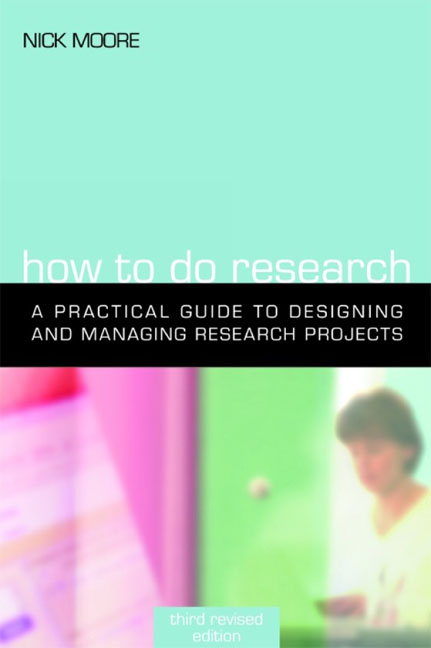Appendix - The market for information professionals: A proposal from the Policy Studies Institute
Published online by Cambridge University Press: 09 June 2018
Summary
Libraries are undergoing a series of transformations, and the total effect of these changes amounts to a revolution in the way we deliver our services, our whole philosophy of service and how we are organized
(Corrall, 1995)Nowhere are the consequences of these transformations felt more strongly than in the employment market for information professionals. Changes in the culture of information use; in the expectations and practices of users and in the technology of information handling all have an impact on the employment market for information professionals.
Employers are seeking new combinations of skills. Practitioners are confronted with rapidly shifting job requirements. In such circumstances, competencies may become more valuable than qualifications, while professional accreditation is likely to carry less weight than once it did.
Topical though these issues are, they are not new. The employment market for information professionals has been in the process of long-term change for the last thirty years.
During the early 1970s the main pre-occupation was with balancing the supply of and the demand for librarians and information workers (Library Association, 1977). Later in the decade, attention shifted towards new skill requirements as it began to become apparent that the growth in the amount of information available was changing the nature of the demands placed on librarians and information workers. In such circumstances, information professionals were becoming less able to exercise the fairly erudite set of craft skills which they had developed over the previous thirty years (Moore, 1986b; Debons and others, 1981).
During the 1980s the demand for information professionals changed significantly. Many new jobs were created and many of them called for a different range of skills. It was possible to see a greater requirement to possess basic information technology skills (Oppenheim, 1983; Angell, 1987). It was also possible to identify the emergence of a new class of information professionals – researchers and information analysts (Moore, 1987 and 1988). The changes were happening in Britain and in other information-intensive countries like Singapore (Moore, 1986a), Australia (Broadbent, 1984; Lane, 1982) and the USA (Koenig and Kochoff, 1984). During this period questions were frequently raised about the ability of the education system to produce new professionals with appropriate skills and abilities (Cronin 1983b).
- Type
- Chapter
- Information
- How to Do ResearchA practical guide to designing and managing research projects, pp. 163 - 170Publisher: FacetPrint publication year: 2006



